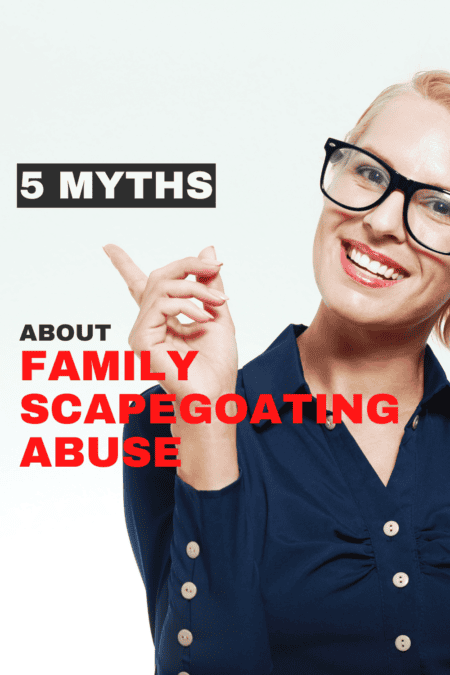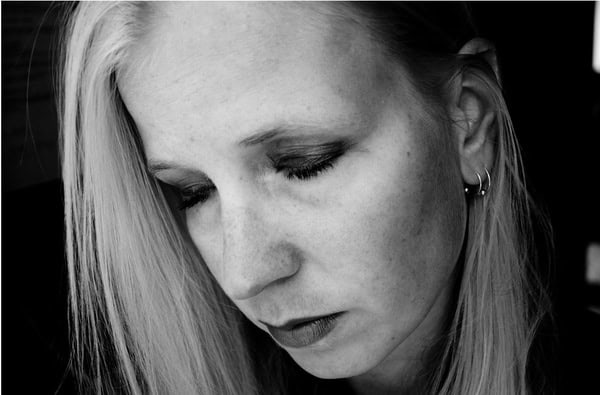5 Myths About Family Scapegoating and Recovery
5 myths that adult survivors of family scapegoating abuse (FSA) need to know: It has been my experience, after assisting FSA adult survivors in their recovery for the past twenty years, that the five myths I’ve identified and am highlighting here in my latest video can impede one’s full healing from this most painful form of family abuse.




